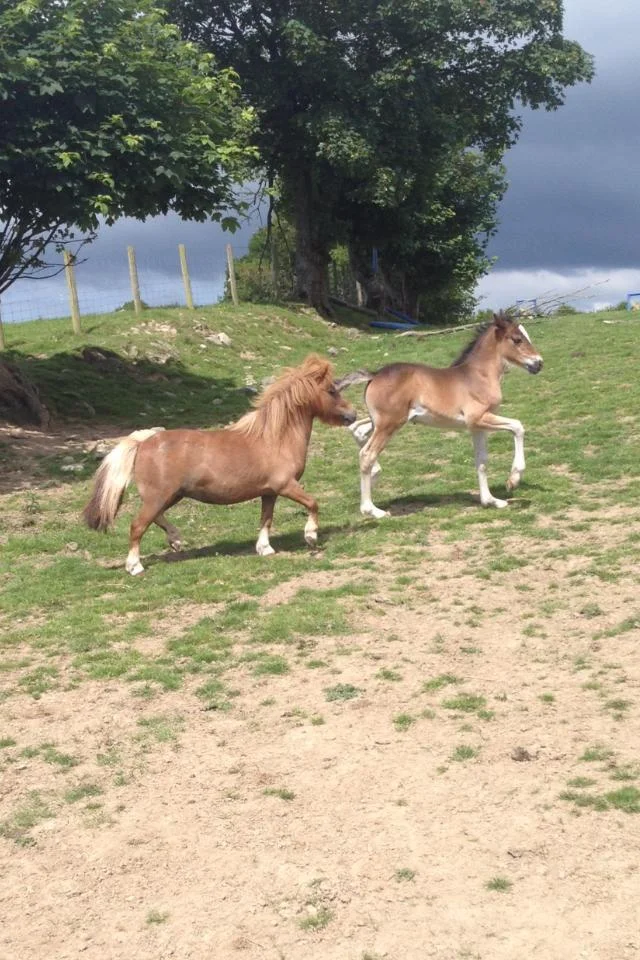Top Tips for Students & Parents Applying to Veterinary Medicine
/Advice for Students applying to Veterinary Medicine
1. Start at the Bottom and Work Your Way Up
Securing work experience at veterinary practices can be tough, but it's crucial. Begin by gaining basic animal husbandry skills in settings like catteries, kennels, stables, or farms. Learning how to handle animals and recognise what “normal” looks like is a great foundation. Once you have this experience, ask your supervisors if they can recommend local vets or write you a letter of recommendation. Getting a placement through recommendations is often much quicker than cold emailing unfamiliar practices.
2. Consider Both Sides of Every Argument
There are many controversial topics in Veterinary Medicine and Farm. For example, if an owner asks you to euthanise a healthy dog, your first instinct might be to say "no." However, it’s important to consider the situation carefully—sometimes animals are euthanised due to behavioral issues, changes in their environment, or because the owner can no longer afford them. Understanding the complexities of these situations will help you think critically, and prepare you for the ethical questions you may face in your vet school interviews.
3. Keep a Work Experience Diary
As you gain work experience, make sure to write down your observations and reflect on them. Keeping a detailed diary will help you remember what you’ve learned over time. Look up diagnoses and treatments you've seen during your shifts to deepen your understanding—this will make it easier to recall specific examples when you’re asked about them in interviews.
4. Writing a Personal Statement for Veterinary Medicine
Writing a personal statement can be daunting. Start by making a list of qualities that define a good vet—such as empathy, strong communication skills, and the ability to prioritize. Then, provide concrete examples from your work experience or day-to-day life that demonstrate these qualities. Avoid simply listing work experience—admissions officers will already have this information, so focus on how your experiences have shaped you into a strong candidate for veterinary school. For me support with this visit the we run online 1-1 sessions.
Advice for Parents of Veterinary Medicine Applicants
1. Keep Track of Deadlines
Students applying to veterinary medicine often juggle numerous responsibilities—work experience, homework, and application writing. Parents can help by ensuring that all deadlines are marked on the calendar. The UCAS application deadline for vet school is earlier than other programs, and missing this deadline could result in the application being dismissed. Other important dates included submission of work experience forms, supporting questionnaires and if applying to Cambridge university the admission tests application.
2. UCAS, UCAS, UCAS
UCAS is the portal for university applications in the UK. Students can apply to five courses through UCAS, but only four can be for veterinary medicine. The fifth application should be for a subject with lower entry requirements, allowing your child to have an alternative option if they don't achieve the required grades. If your child is only interested in veterinary medicine, some universities offer pre-vet courses that can count as the fifth application. These courses lead onto or provide an automatic interview for the veterinary medicine degree.
3. Visit the Universities
Different vet schools have their own unique strengths, environments, and teaching styles. It's important for both you and your child to visit potential universities before the interview process. This helps ensure that they’ll be comfortable with the location and people, and prevents surprises when the interview day arrives.
4. Seek Guidance When Needed
We are always happy to offer help and advice to both students and parents about the veterinary school application process. If you’d like assistance, don’t hesitate to get in touch via our contact page.
Additional Opportunities
If you’re looking to gain equine and farm animal veterinary work experience, consider our Pre-Vet Course running in August 2025. This course is designed to give students valuable hands-on experience in farm and equine veterinary care. Alternative consider our 1-1 online support sessions.
Good luck with your veterinary school applications!











